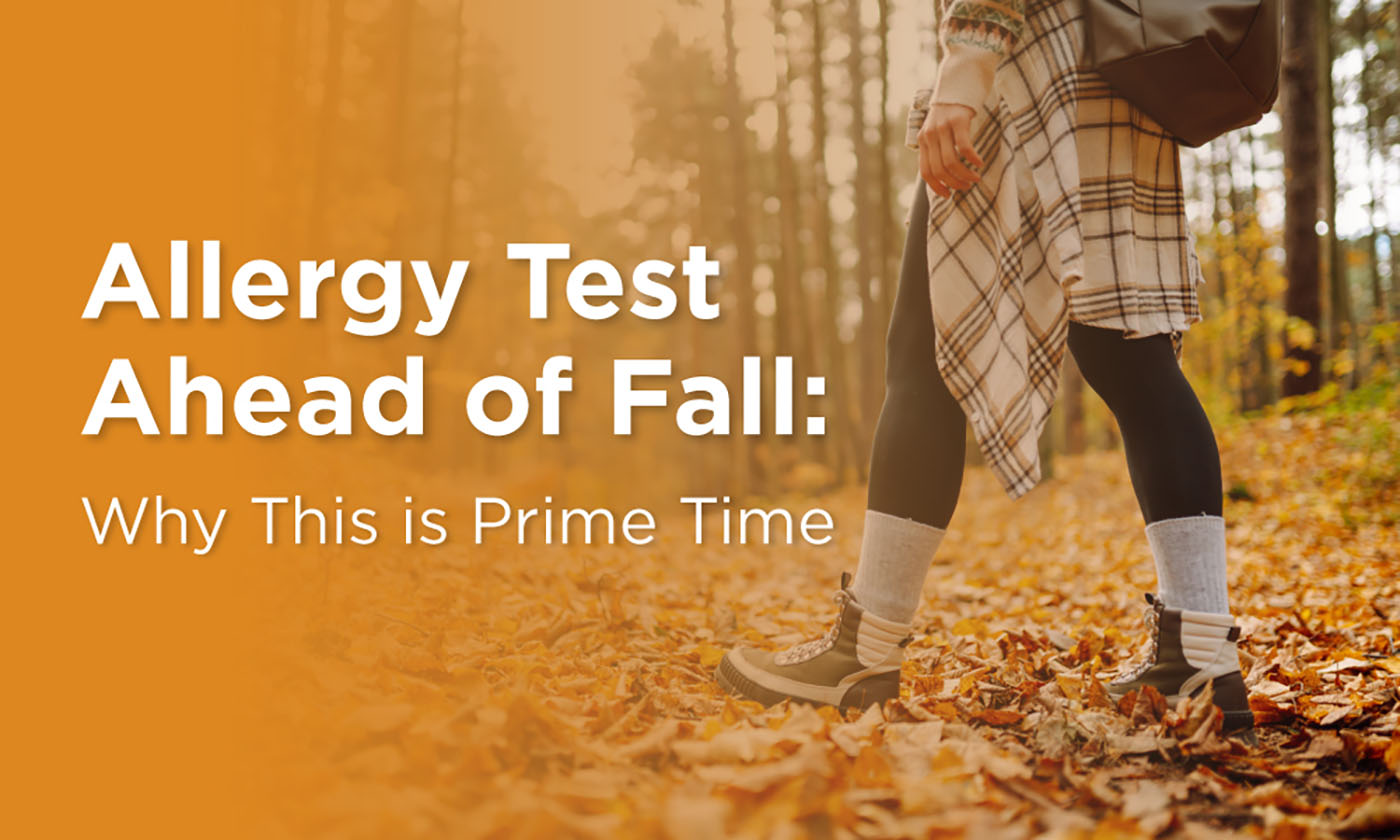
Yep, it’s true. At Allergy & ENT Associates, we’ve seen a spike in food allergy cases when the temperature rises. Let’s explore why this happens and what you can do to stay safe and enjoy your summer to the fullest!
Why do food allergies peak in the summer?
Several factors contribute to the increase in food allergy reactions during the summer months. Understanding these can help you take the necessary precautions to protect yourself and your family.
1. Outdoor Eating:
While these events are fun, they also present a higher risk for cross-contamination and accidental exposure to allergens. Foods might be prepared in environments where allergens are present, increasing the chance of an allergic reaction.
2. Fresh Fruits and Vegetables:
Summer is the season for fresh produce. While delicious and healthy, certain fruits and vegetables can trigger oral allergy syndrome (OAS) in individuals allergic to pollen. For example, if you’re allergic to birch pollen, you might react to apples, peaches, and cherries. This is because the proteins in these foods are similar to those in pollen, causing your immune system to react.
3. Travel and Vacationing:
During summer, many people travel and eat out more frequently. When you’re away from home, it’s harder to control your food environment. Restaurants might not always be diligent about avoiding cross-contact.
4. Seasonal Foods and Recipes:
Summer brings out seasonal recipes that you might not eat the rest of the year. Foods like shellfish or a new exotic fruit while on vacation can introduce allergens that your body isn’t used to.
5. Heat and Exercise:
High temperatures and physical activity can sometimes exacerbate food allergies. Exercising in the heat can increase blood flow to the skin, which can make allergic reactions, like hives, more severe.
How to manage summer food allergies:
1. Speak Up:
Always communicate your food allergies clearly. Don’t be shy about asking how food is prepared or if certain ingredients are used.
2. Bring Your Own Food:
When attending picnics or potlucks, consider bringing your own allergy-friendly dishes. This way, you know exactly what’s in your food and can avoid any unwanted surprises.
3. Pack Emergency Medications:
Never leave home without your emergency medications, like antihistamines and an EpiPen. Make sure they’re easily accessible and not left in a hot car where they can degrade.
4. Be Cautious with New Foods:
Try new foods in small amounts and in a controlled environment where you can get help if needed.
5. Educate Your Friends and Family:
Make sure the people around you understand your food allergies and know what to do in case of an emergency. The more informed they are, the safer you’ll be.
Enjoy your summer safely!
Food allergies don’t have to put a damper on your summer fun. With a little planning and vigilance, you can enjoy all the delicious foods and exciting activities the season has to offer.
If you’re struggling to manage your food allergies or just need some extra guidance, call us! We’re here to help you navigate your allergies and live your best life.
Book a consultation today at Allergy & ENT Associates!



